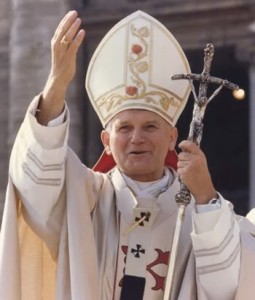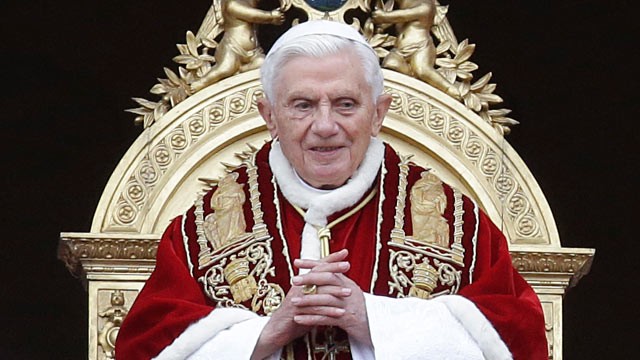
Pope Benedict shocked the world when he announced Monday that he would resign from his position on February 28, 2013. The Pope, 85, took office after the death of John Paul II in 2005.
Benedict stated that his “strengths, due to an advanced age, are no longer suited to an adequate exercise.” He is the first pope to resign in 600 years, the last being Gregory XII in 1415.
“Although it is sad to see him resign, I think the Pope is being honest with himself and doing what will be best for the papacy,” said junior Shannon Manz.
Pope Benedict was known for his strong views on Islam, homosexuality, the ordination of female priests and stem cell research.
Moreover, Pope Benedict was the first pope to apologize for the sexual abuse of children by some priests, and he even met with some victims. After years of the church ignoring this crisis, it heightened when Benedict took office. However, he did not ignore the fact that the church covered up the many immoral acts of some priests and the forestalling of criminal persecution, and he dealt with it as best as he could.
With Benedict’s sudden resignation, his successor is expected to be chosen by Easter, which falls on March 31st. There is no distinguished front runner, and there has even been talk of a pope being chosen from a developing world.
“I don’t know what the whole process for choosing a Pope is,” said freshman Kristen Hiser. “But I think it would be cool to have an American Pope.”
While this announcement came as a surprise, it upset many people.
“It’s just so close to Easter,” said junior Mackenzie Elkow. “I think this whole process is going to take away some of the attention that should be dedicated to Lent.”
Some are upset about the fact that Benedict is even resigning at all.
“I always thought the Pope was supposed to serve until death,” said sophomore Ally Eads.
While opinions regarding the Pope’s resignation differ, they all stem from concern and care for the Pope.
“No matter what happens, I know it is all in God’s hands,” said junior Dani Abboud.

